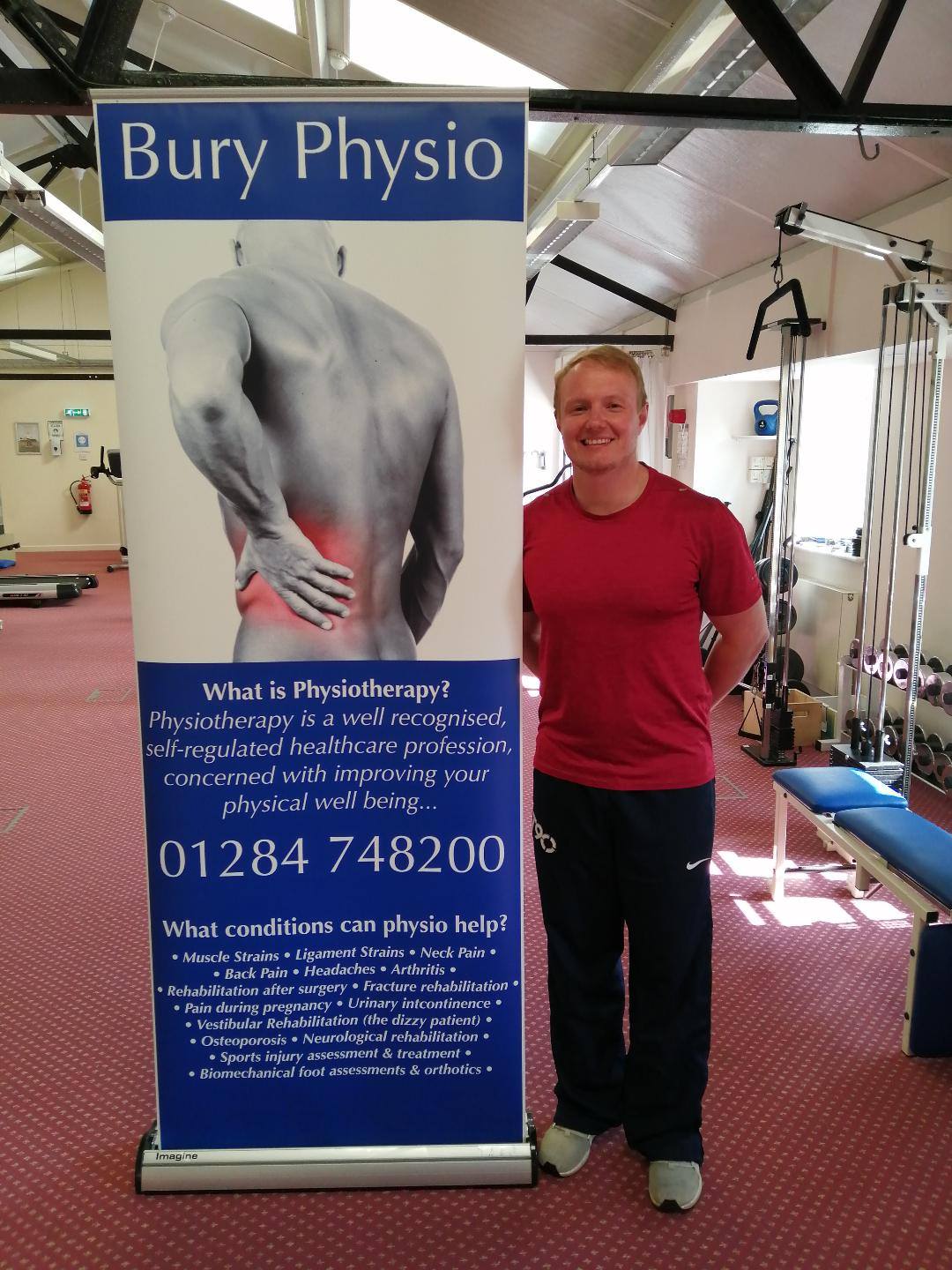Exercise and Blood pressure blog and introducing our new **Health MOT Service** coming 2021
Elevated blood pressure, (Hypertension), is one of the main causes of cardiovascular disease.
If not managed well, high blood pressure can cause a stroke or heart attack, leading to long term health problems or even death. Symptoms are not often noticeable.
In the UK:
1 in 3 adults live with elevated blood pressure
2 in 3 over 65-year olds have been diagnosed with elevated blood pressure.
At BuryPhysio, we can record and monitor your blood pressure as part of our Health MOT Service.
As part of our health check service, we measure Heart rate, blood pressure, cholesterol, BMI, weight, and other functional fitness testing. After analysing the results, we will further advise you on the most appropriate exercise and/or management programme/treatment to improve any scores that fall short of age specific norms.
Our health professionals will recommend the most appropriate type of exercise for specific conditions in relation to your results and preferences of exercise/activity, that best supports you in maintaining a healthy body.

- Even if you feel fine, prolonged high blood pressure can damage your heart and other organs.
- We advise getting your blood pressure checked by your GP at least once a year to make sure you levels are healthy.
- Medication will stabilise your blood pressure although healthy lifestyle changes also help to reduce and maintain lower levels, with potential to be medication free.
- Lifestyle changes include
- Eating a healthy balanced diet
- Losing weight if BMI is high
- Quitting smoking
- Limiting alcohol
- Reducing salt intake
- Increasing activity and exercise
Exercise really can be one of the best lifestyle changes we can make. Increasing your weekly activity and exercise levels has been proved to support a healthy blood pressure.
“There is no point in life where doing more exercise does not improve health in multiply ways.”
Professor Chris Whitty, Chief Medical Officer of the UK.
The heart is your cardiac muscle, and like all muscles within the body, the stronger the muscle becomes, the more efficient it can become to pump blood around the body with less effort. This reduces the force on your arteries decreases, thus lowering your blood pressure.
Exercise also helps to lower blood pressure by reducing blood vessel stiffness so blood can flow more easily. It has been shown that effects of exercise are most noticeable during and immediately after a workout.
People can often record a lower blood pressure reading immediately after exercise.
If people have elevated blood pressure, the American College of Sports Medicine (ACSM) recommendations limiting the intensity of the activity to a moderate intensity. Here the aim is to keep your maximum heart rate to no more than 70% during cardiovascular activity and if performing resistance exercise, to complete at least 15 repetitions with good technique. This minimises overloading pressure on the heart.
Speak to Ben or a member of our team to arrange an appointment
on 01284 748200
www.buryphysio.co.uk
E: admin@buryphysio.co.uk
